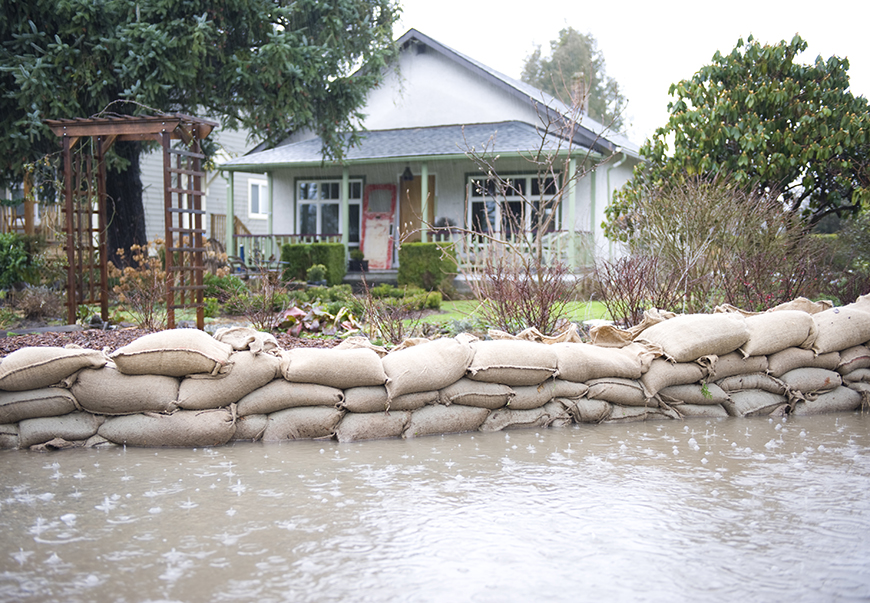Drop in oil tax revenue ‘not going to be pretty’ for Texas
TEXAS – Taxes on oil and gas mean a lot to Texas. Consider that for every $5 drop in the price of oil, the state loses about $200 million dollars in oil production taxes.
And as recounted last week in testimony at the Texas statehouse, that price per barrel has only gotten lower in the past year.
Texas Comptroller Glenn Hegar told the Texas House Select Committee on Transportation that just since he was elected a year ago, he watched the price per barrel fall from $74 to $60 then to $39 “and of course here we are today with high 20s and wondering where the new floor is.”
Oil’s decline means production taxes have plummeted by about 50 percent which Hegar told lawmakers has a lot of people fearing the state’s economy will collapse as it did in the 1980s when oil prices took a similar tumble.
But Hegar told lawmakers Texans shouldn’t be hyperventilating.
“Texas is not the 1980s, we’re a much more diverse economy than we were in the 1980s. Is oil and gas important to this state? Absolutely. It’s 14 percent of our economy but it’s not the 20-plus percent it was in the 1980s,” Hegar said.
Watching how the state is handling all this is Bernard Weinstein, an economist at Southern Methodist University in Dallas. He figures Texas will have maybe $5 billion less than it estimated to cover a two year budget that totals $209 billion.
The Rainy Day Fund is a $16 billion reserve built largely from oil & gas taxes. The legislature doesn’t meet again in regular session till next year so a special session could be called if things get really bad.
Whatever eventually happens in Texas, it may be less bad than what’s already happening in other oil-producing states. Robert McManmon is an analyst with the Energy information Administration in Washington.
“Texas has a more diversified economy that Alaska, North Dakota and Wyoming which were above 40 percent as a share of their revenue sources,” said McManmon.
In other words, in those states oil & gas taxes make up 40 percent or more of all their tax revenue. By contrast in Texas, those taxes account for only about 9 percent of all revenue.
All that said, there is more to the tax story than what’s happening at the state level: cities and counties in areas where oil & gas drilling has surged could see big decreases in what they get from sales and property taxes.
In This Article
You might also like

Publications
Receive our economic and housing reports and newsletters for free.







